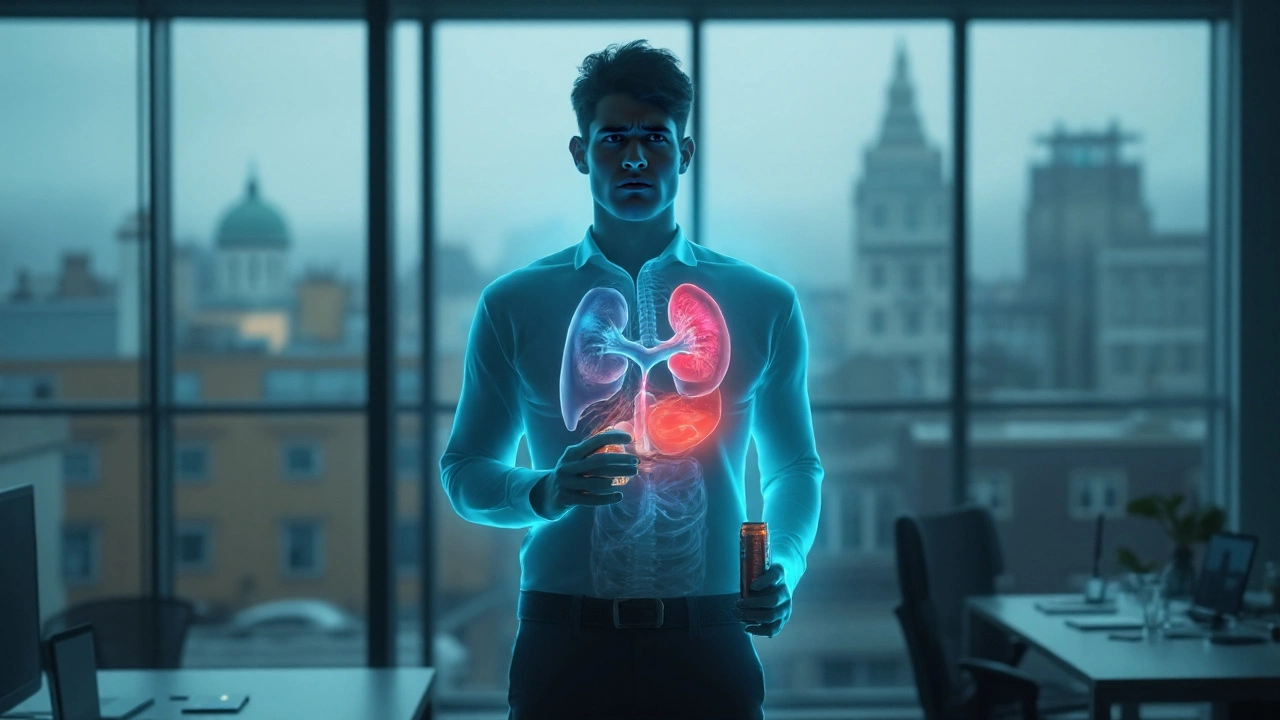Caffeine Health Effects – What You Need to Know
Ever wonder why a can of energy drink can make you feel like a superhero for a few hours and then leave you jittery? The secret is caffeine, and its effects on your body aren’t always black and white. Below we break down the most common health impacts, practical tips, and when you should hit the pause button.
How Much Caffeine Is Too Much?
Most adults can handle about 400 mg of caffeine per day – that’s roughly four cups of coffee or three standard energy drinks. Anything above that starts to push the limits. You’ll notice a faster heartbeat, maybe some shakiness, and trouble sleeping. If you’re sensitive, even 200 mg can feel like a buzz. Keep track of every source – coffee, tea, soda, and especially those high‑caffeine energy drinks that market themselves as ‘extra charge.’
Heart Rate, Palpitations, and When to Seek Help
One of the most talked‑about side effects is a racing heart. If you’ve ever felt your heart thump after a can, you’re not alone. A quick way to calm it down is to sip water, breathe deep, and avoid more caffeine for the next few hours. If the palpitations last more than 15 minutes, come with chest pain, or you feel dizzy, it’s time to get medical help. Our article “How to Stop Heart Racing After an Energy Drink” gives a step‑by‑step plan you can follow in a pinch.
Beyond the heart, caffeine can affect kidneys. Studies link high‑sugar, high‑caffeine drinks to a greater chance of kidney stones. Drinking plenty of plain water and limiting sugary energy drinks can keep your kidneys happier. Check out the post “Do Energy Drinks Cause Kidney Stones?” for a deeper look.
On the positive side, moderate caffeine can boost alertness, improve mood, and even enhance short‑term memory. Athletes often use caffeine before workouts to increase endurance. But the boost comes with a trade‑off: dehydration if you don’t replace fluids. Pair your caffeine dose with a glass of water or an electrolyte drink, especially during intense exercise.
For those counting calories, low‑calorie energy drinks can give you the lift without the extra sugar. Just watch the artificial sweeteners – some people report stomach upset. If you’re watching your waist, the article “What Burns Belly Fat ASAP? Dive into Low‑Calorie Energy Drinks” shows which ingredients, like green tea extract, can help metabolism.
Women often wonder if caffeine affects hormones. While a single can won’t crash testosterone or estrogen levels, chronic high intake may interfere with sleep, indirectly nudging hormone balance. If you’re prone to stress, try combining caffeine with L‑theanine – a compound that smooths out the spike.
Bottom line: caffeine isn’t a villain, but it’s a tool that needs careful handling. Stick to recommended limits, stay hydrated, and listen to your body’s signals. When in doubt, swap one of those daily cans for a cup of coffee or a glass of water and see how you feel.
Explore how energy drinks affect liver and kidney health, the role of caffeine, sugar, and additives, and learn safe consumption tips backed by recent research.

